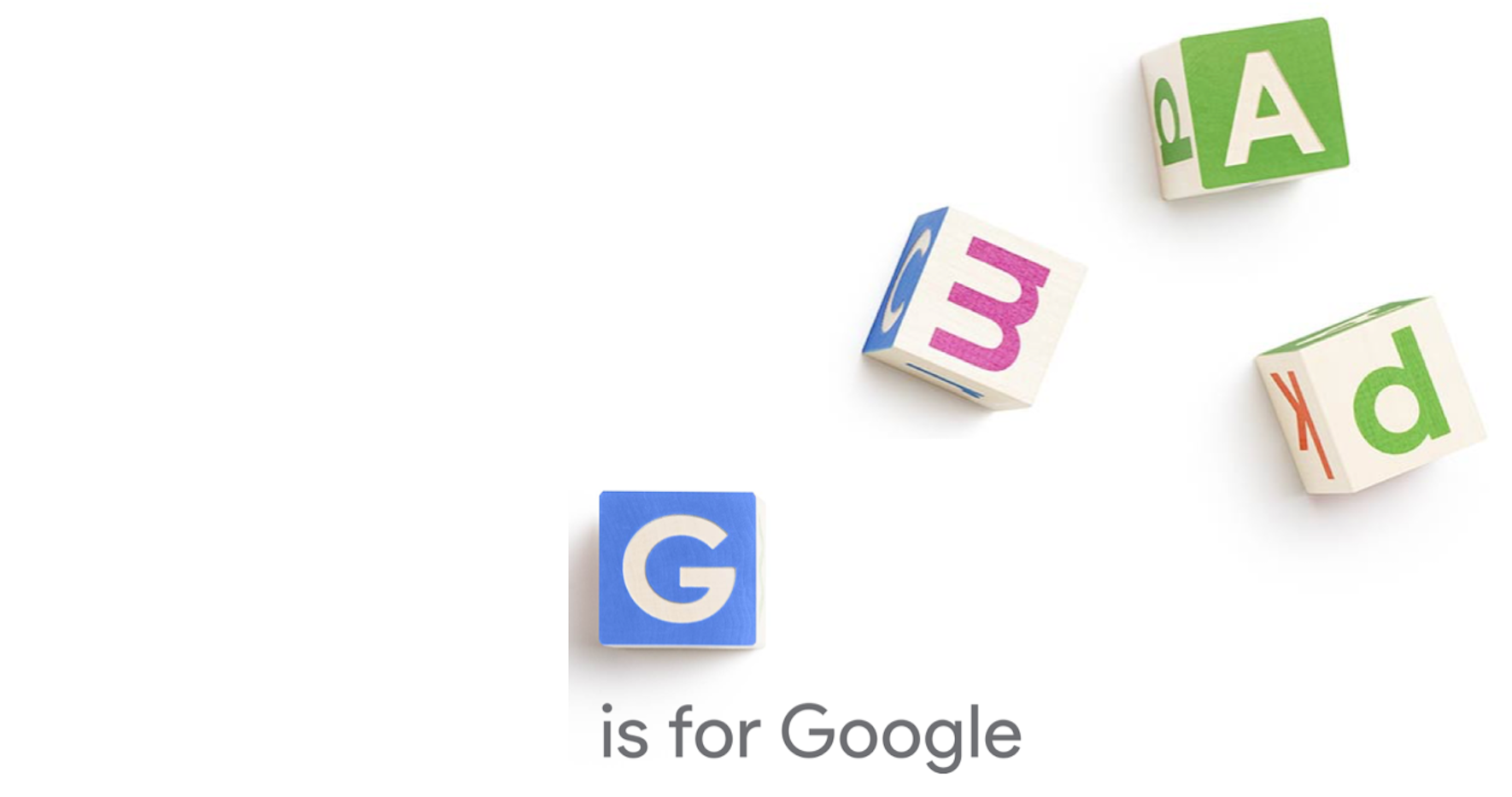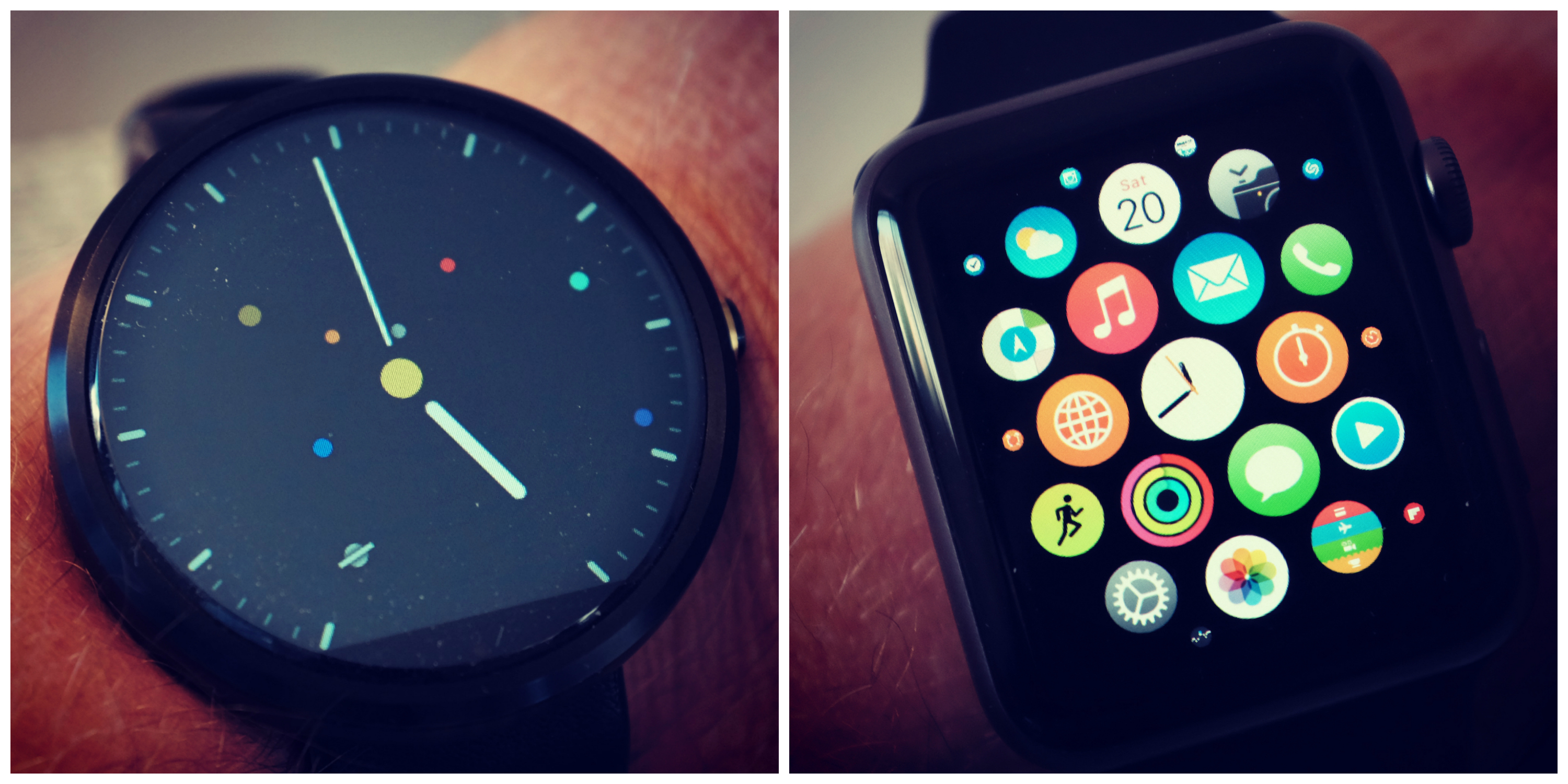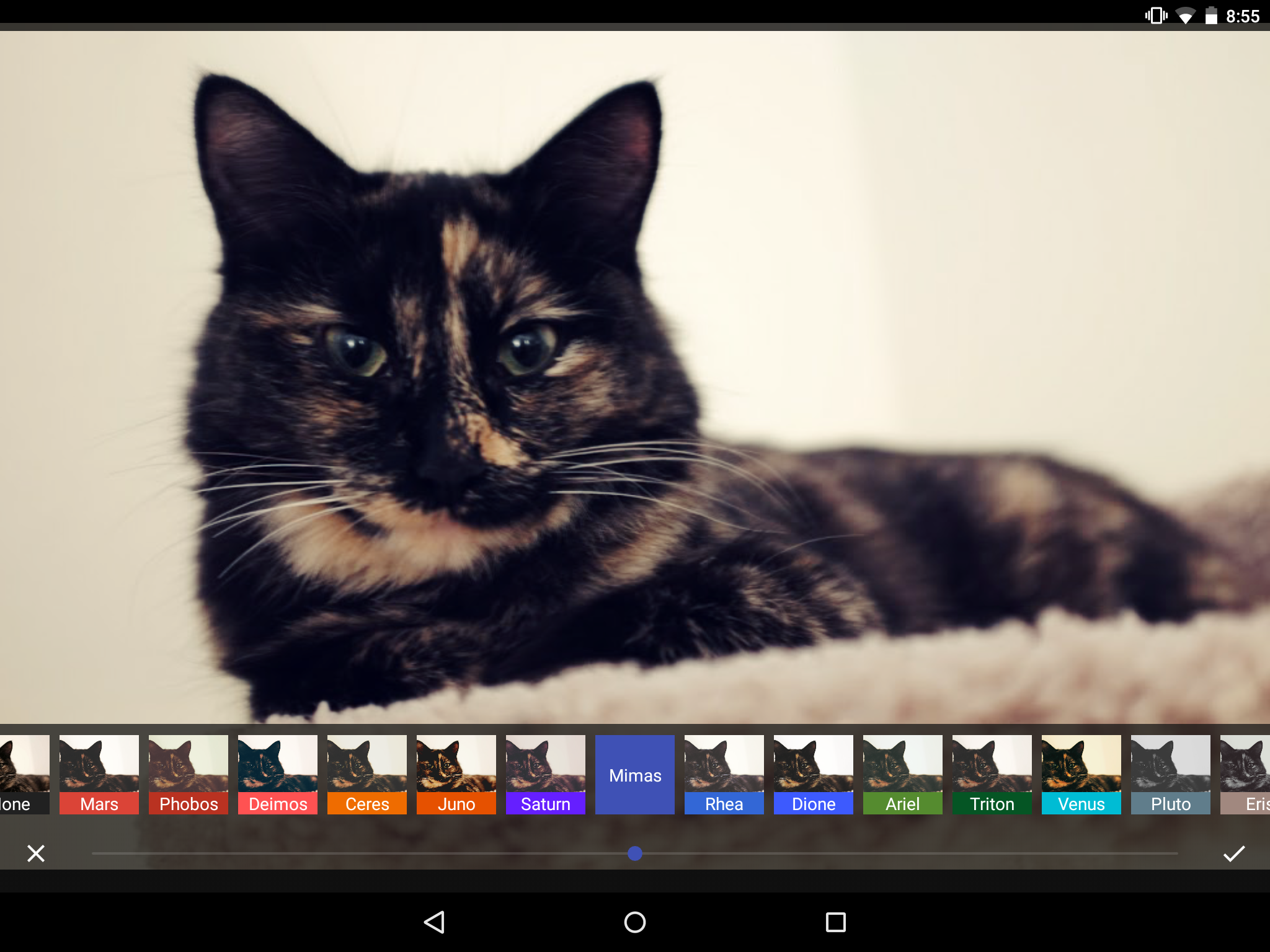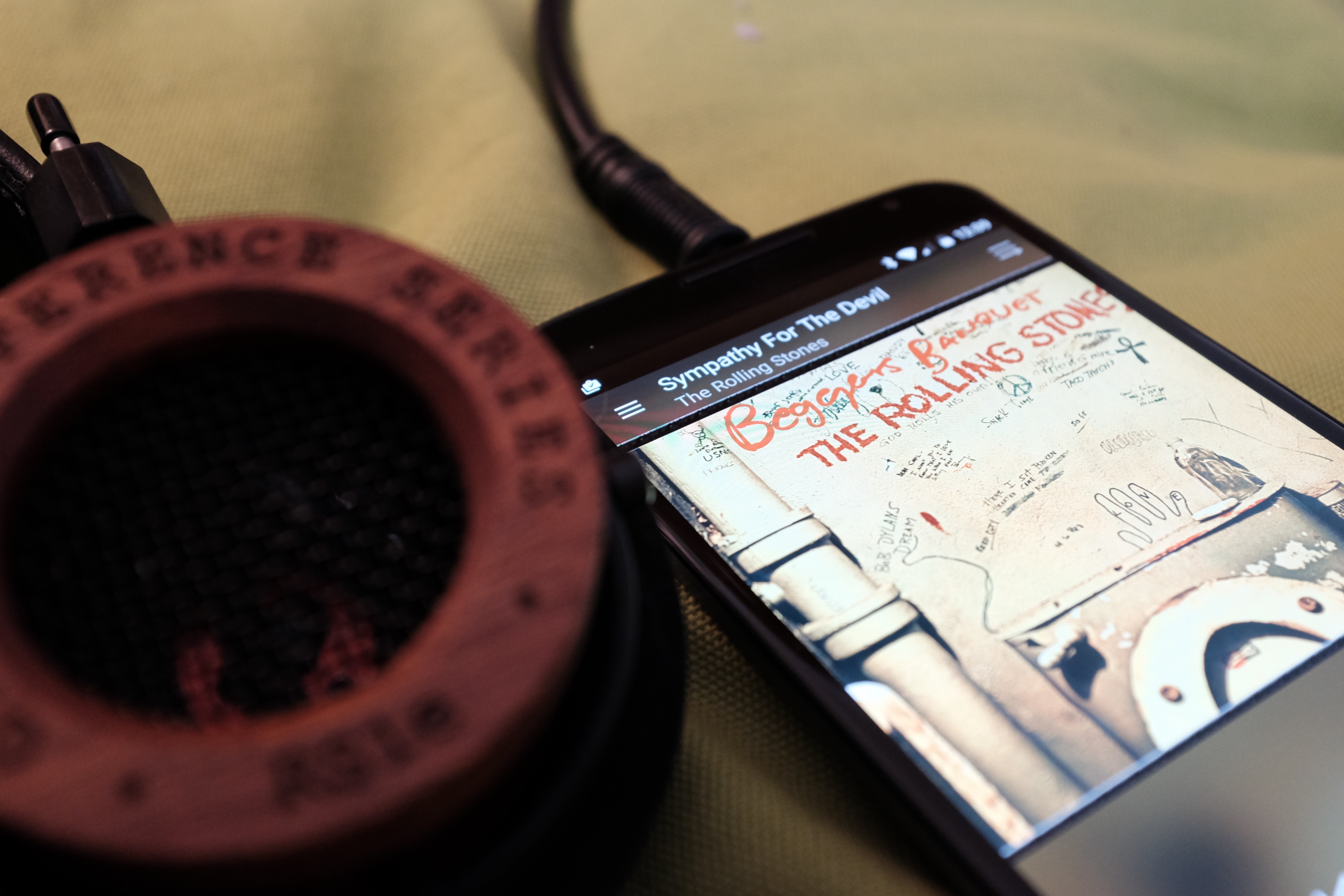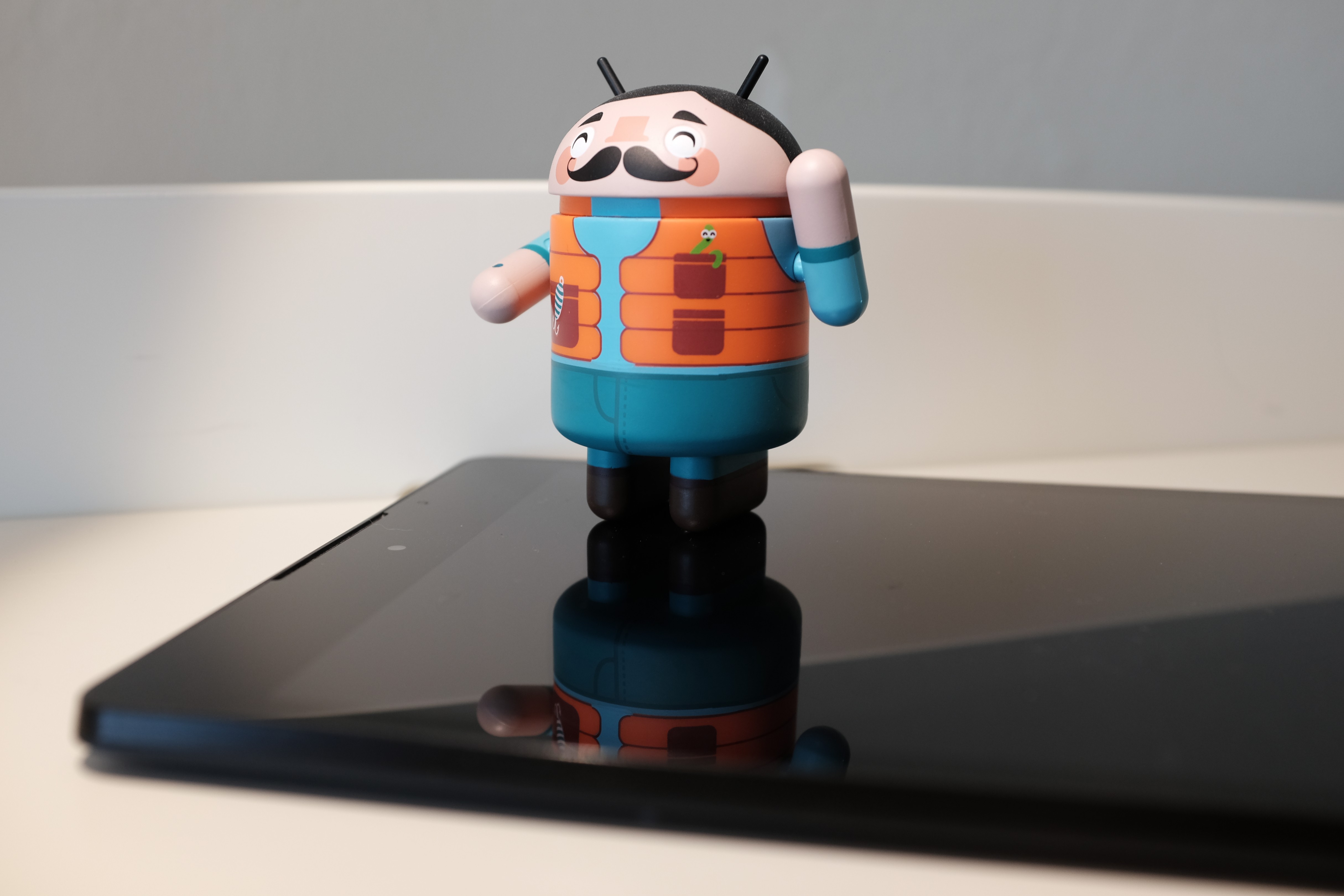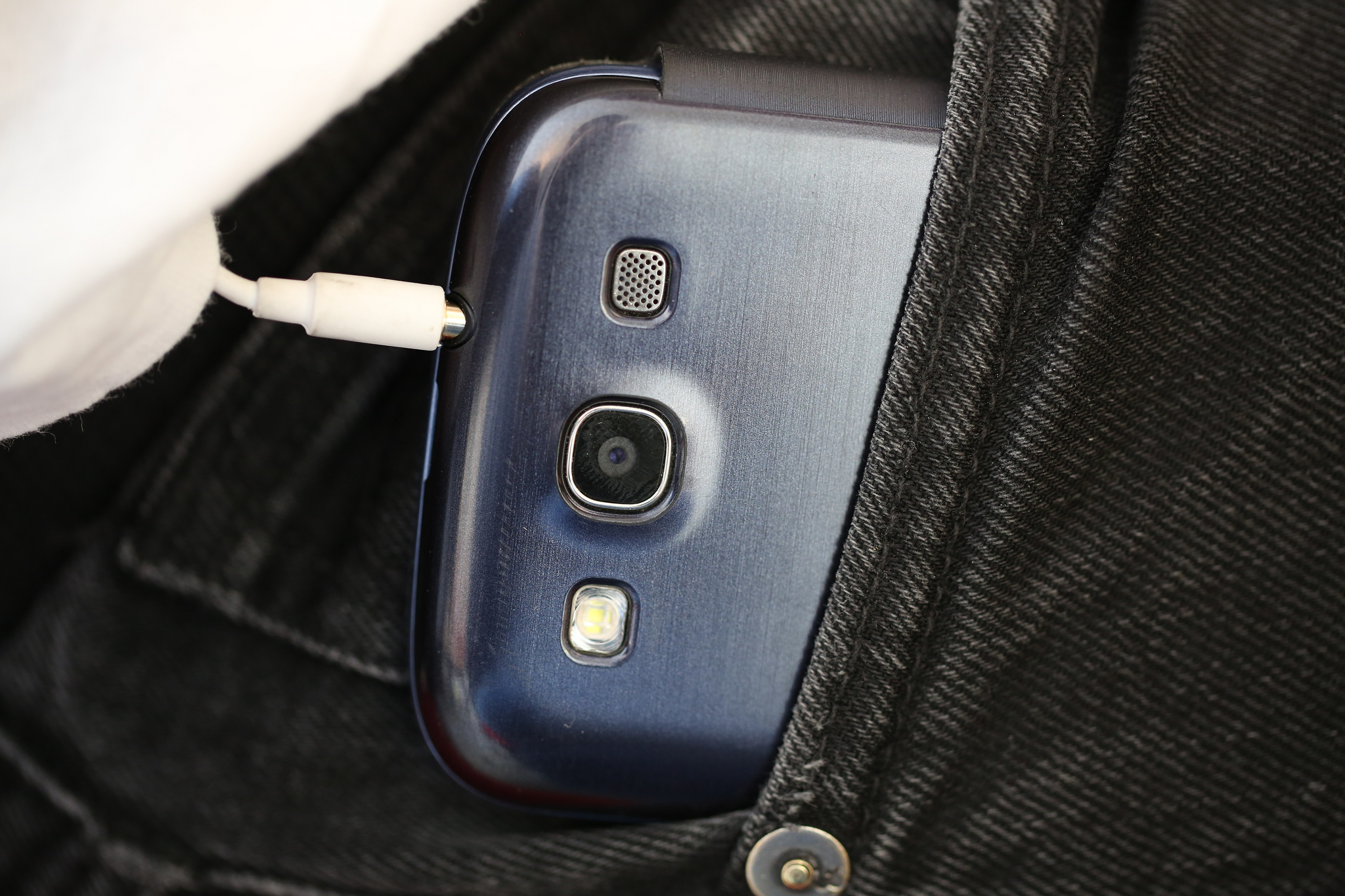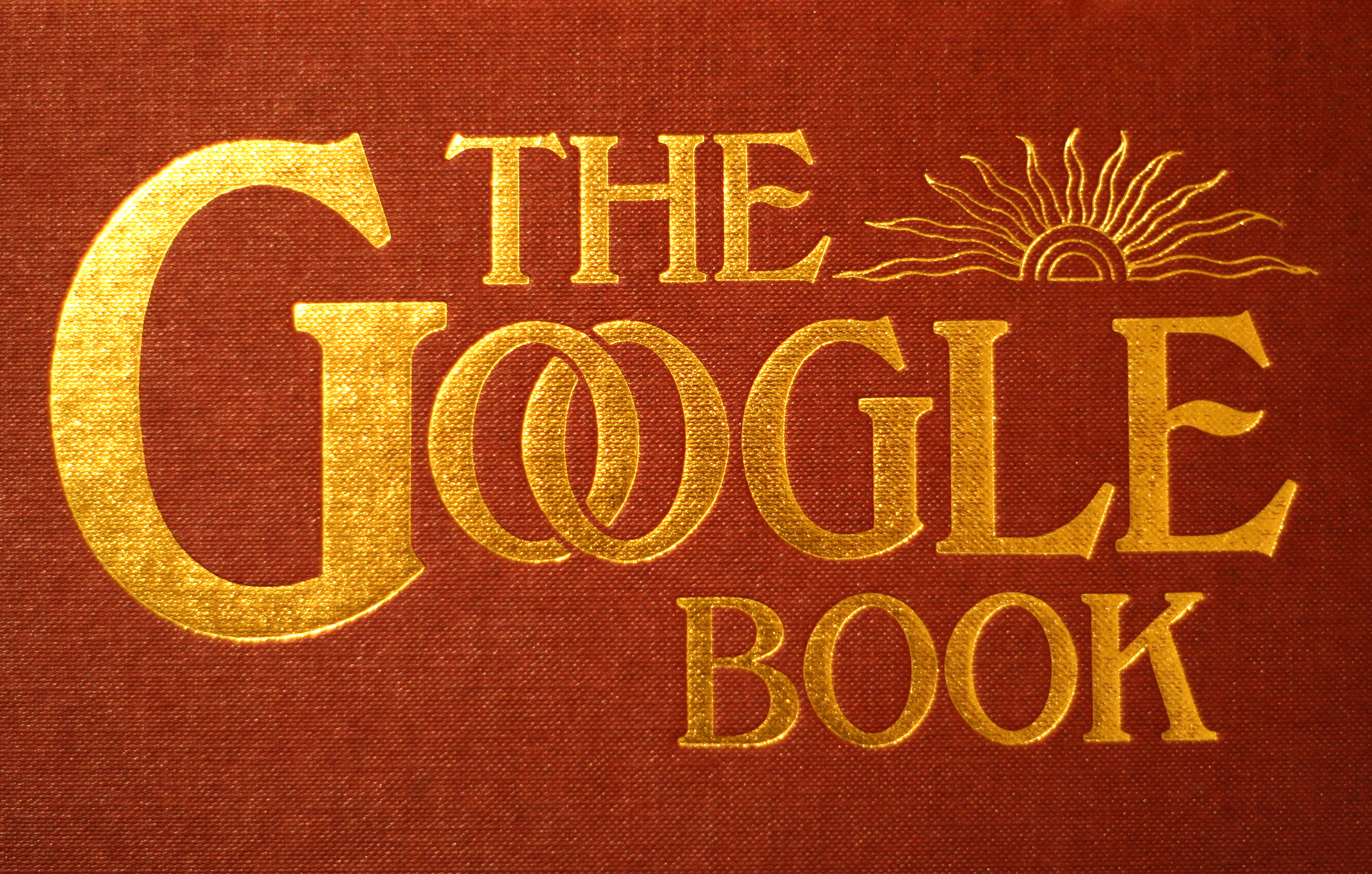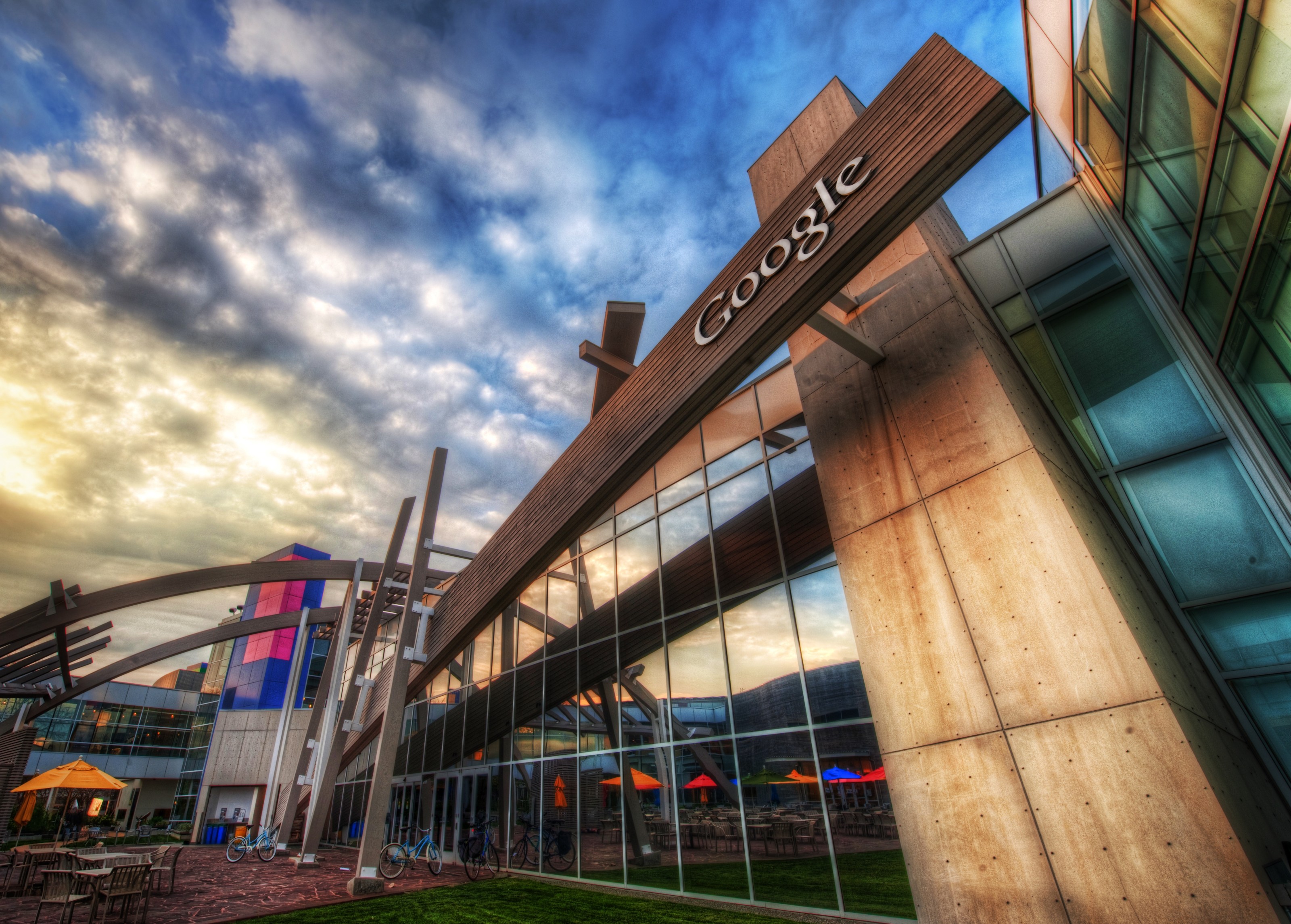I predict that the innovation of the year will go, not to a tech product, but to Google’s creation of a new company: Alphabet. The search and information giant that disrupts so many other companies on and off the Internet essentially disrupts itself. By doing so—divesting the core, established business from future research and inventions—cofounders Larry Page and Sergey Brin unshackle weights dragging growth.
To recap: Page announced the dramatic change after the market closed yesterday. Google becomes secondary to Alphabet, which will hold a collection of related entities. Page hands over Google chief executive reigns to Sundar Pichai, while becoming CEO of the new entity. Brin is president. Can we call him letterhead instead of figurehead? 🙂
